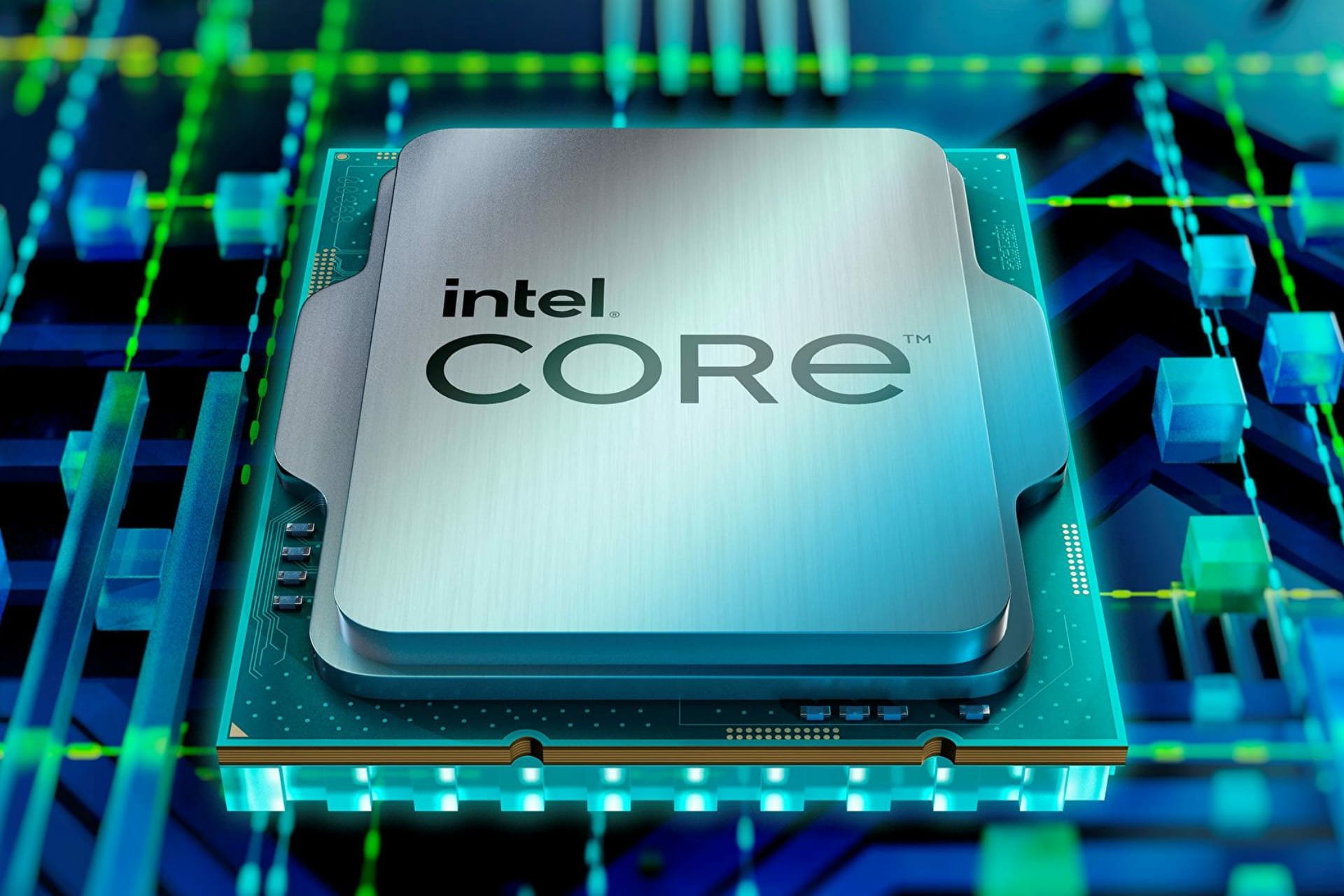Intel Alder Lake CPUs are a lot more efficient on Windows 11 than on Linux
Intel Alder Lake CPUs are a great deal more efficient on Windows 11 than along Linux

Holocene epoch tech operation reports advise that Intel's Alder tree Lake CPUs perform overmuch better Windows 11 than with Linux-based operating systems.
This difference is related to issues with Linux's cluster scheduler, which isn't optimized for Alder tree Lake's hybrid architecture.
What this actually means is that Alder tree Lake, which is now the new Best Central processing unit for gaming, is better suited for Windows 11 than Linux, which is fairly surprising given that Linux typically outperforms all flavors of Windows.
Windows 11 outperforming Linux in all scenarios
Tests were made using a Essence i9-12900K and Windows 11 Favoring, Ubuntu 21.10 plus Linux 5.16 rat, Ubuntu 21.10, Ubuntu 21.1.0 plus Linux 5.15, Exculpated Linux 35250, and Fedora Workstation 35.
Also, the operating systems were reliable with a range of different benchmarks, including browser benchmarks, video encoding, image encoding, blender, and more.
To be a little more specific, Windows 11 In favour of won 45% of the tests out of the six operating systems, making IT the all but optimal operating system for Alder tree Lake systems.
The victory of Microsoft's latest in operation system is due to problems with the Linux scheduler and its interaction with Alder Lake CPUs.
Remember that the Alder Lake chips consist of two different types of cores, just in case you weren't aware of this aspect.
The big and fast Performance cores (P-cores) are paired with a handful of small and reigning Efficiency cores (E-cores) that jaw through desktop processes with surprising speed.
Linux's scheduler is studied to control multiple meat clusters, but information technology wasn't designed to differentiate between different types of cores, like Alder Lake's P-cores and E-cores.
This unfortunately way the scheduler is unaware of the performance differences betwixt the cores, much like we see with Windows 10.
And, as a result, the scheduler will beam workloads to the E-cores that should beryllium sent to the faster P-cores, and the other way around.
Linux and Windows 10 will have to adopt a way to interact with Intel's Thread Director, which feeds the operating organization with real-time telemetry so it can better schedule togs to the correct types of cores, to extract the best operation.
There's no flow workaround to this problem (exclude for crippling the E cores entirely) for Linux. Hopefully, Linux 5.16 will precede break compatibility with Alder tree Lake, but thither's no guarantee when OR if those changes will arrive.
What's your opinion on this whole matter? Be sure to partake your thoughts with us in the comments section below.
Intel Alder Lake CPUs are a lot more efficient on Windows 11 than on Linux
Source: https://windowsreport.com/intel-alder-lake-windows-11-benchmark/
Posting Komentar untuk "Intel Alder Lake CPUs are a lot more efficient on Windows 11 than on Linux"